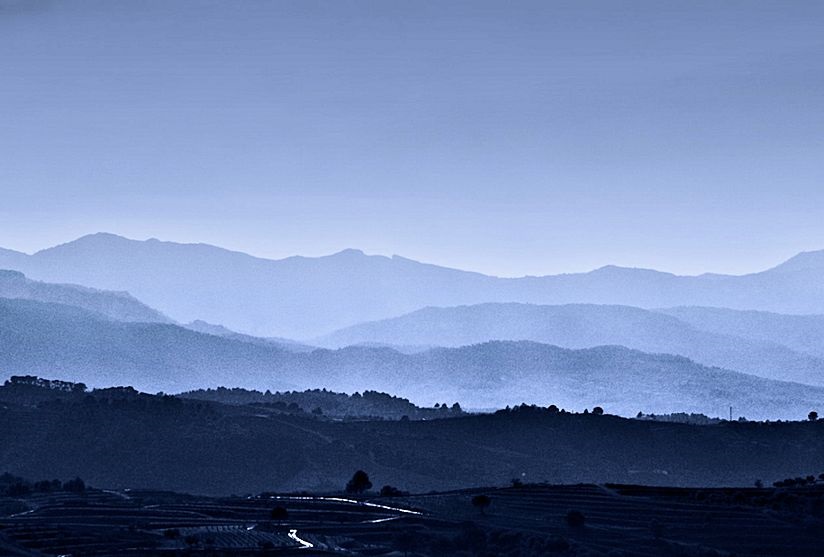To some friends, I described a night out and showed some pictures of us enjoying wine and cigars. A seemingly harmless, night out, some fun, etc.
So later, I was looking back on this evening, a little like savoring certain lingering tastes after a good and satisfying meal. I was drawn again to the cigar-bar remembering some of my thoughts and observations as I savored the cigar — between the ‘reflective surface’ of the smiles and laughter. I do not smoke anymore, occasionally a cigar, as a pleasant, pondering activity. I remember thinking, “the type of ‘knowing’ we employ determines the quality of what we know and live withâ€â€¦a TSK quote which warns of seemingly harmless distractions. Distractions from what? From being aware of Space and Time, distractions that, “keep us ‘tuned in’ in a constant and limiting wayâ€, that keep us from a more fundamental vitality that is inherent in the awareness of a more open perspective. On page 244 of “Time, Space, Knowledgeâ€, Rinpoche says:
No fixed limits on either enjoyment or suffering exist; none are enforced by any inherent limits of the world as a whole or of our being in the world.
Space and Time will support an infinity of ‘playing’ in either direction. So they must be related to properly and consciously if their infinite accommodation is not to prove disastrous to us. For if the positive and joyous possibilities implied by the ‘play’ of Space and Time are ignored, it then may indeed take on an ominous significance for the world.
It may sound as if I’m being hard on myself for having a good time, but I don’t think that is really the case. It was just an attempt to open a myopic activity to a greater understanding, to widen the mental space in which the experience arose, to expand the aperture on merely a ‘good time’ into ‘greater time’, to touch and appreciate that fundamental vitality of being alive in space and time — Now. And to open the narrow fiction of ‘I was just having a good time’, when that was really just a surface reflection. Clearly, there was more depth to the experience than originally narrated to my self.


A few times, usually by accident, I have experienced what feels like having more time in a usual given amount of time. Scientifically, it seems like relaxation opens the door to these states. But, could there be more to it? Is there something else? Something like a non material plane besides the space time plane? Anyone feel free to contribute to this discussion.
Hi Stu,
Thanks for the response. You inquire:
Perhaps we could pose the ‘knowing capacity’ as one such plane, or a dimension with a non-material component.
Hi David,
This is very well said above. Especially, ‘to expand merely a ‘good time’ into a ‘greater time’. Talk about a double-entendre. I like the awareness that conventional good times are still surface experiences of space and time. It’s amazing how often I see myself ‘feeding’ on positive experiences in my mind after they occur. There is some vitality there, but it turns out to fade quickly and be only on the surface. It’s not sustaining vitality at all. We rarely feel the motivation to seek the depth and directness of space and time when we’re having a good time, yet when it’s foggy in the morning and we didn’t get enough sleep and we’re not feeling a ton of vitality, we naturally seek ways to transcend that. All plays and moves of the self.